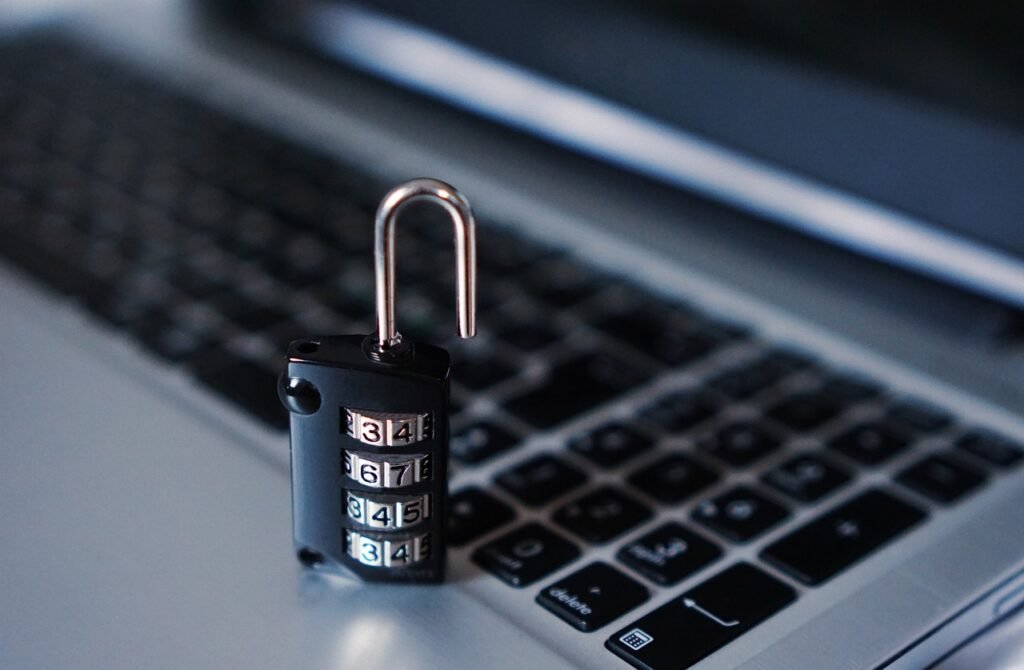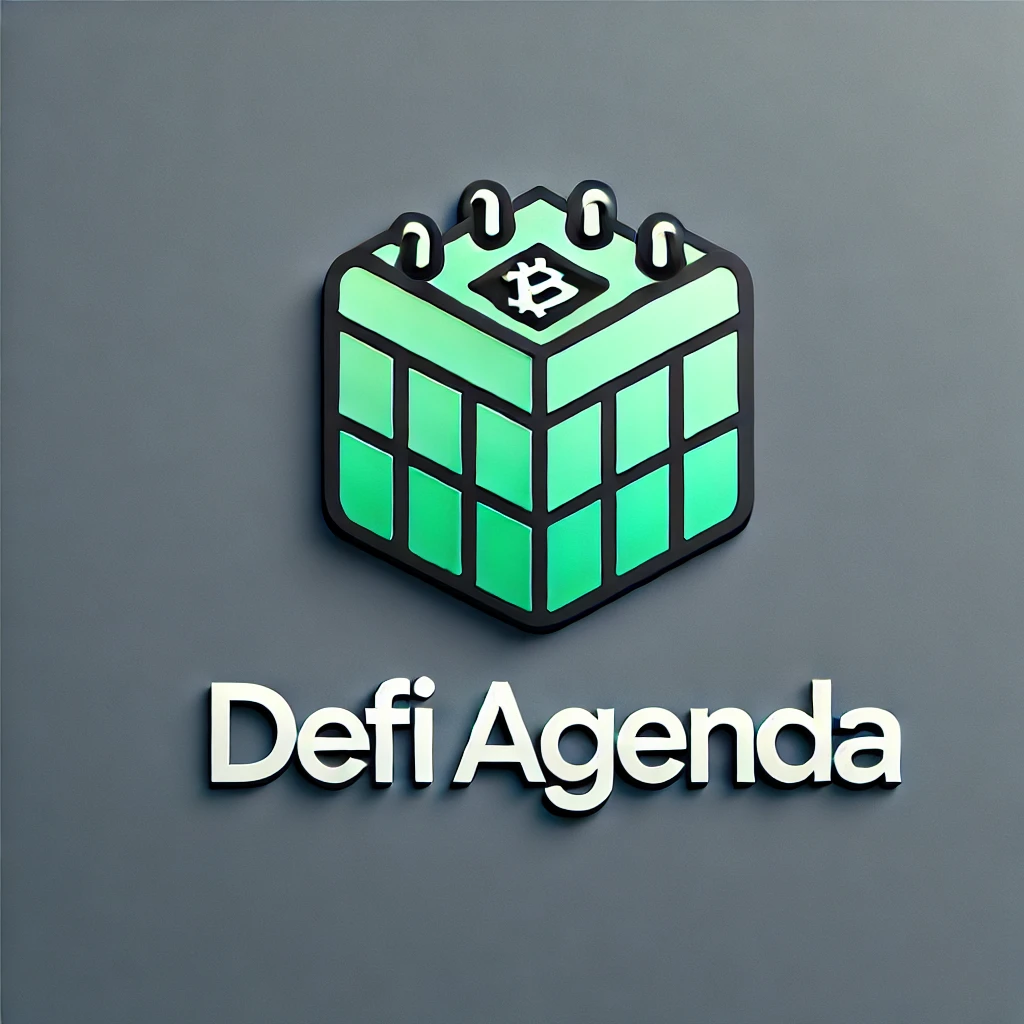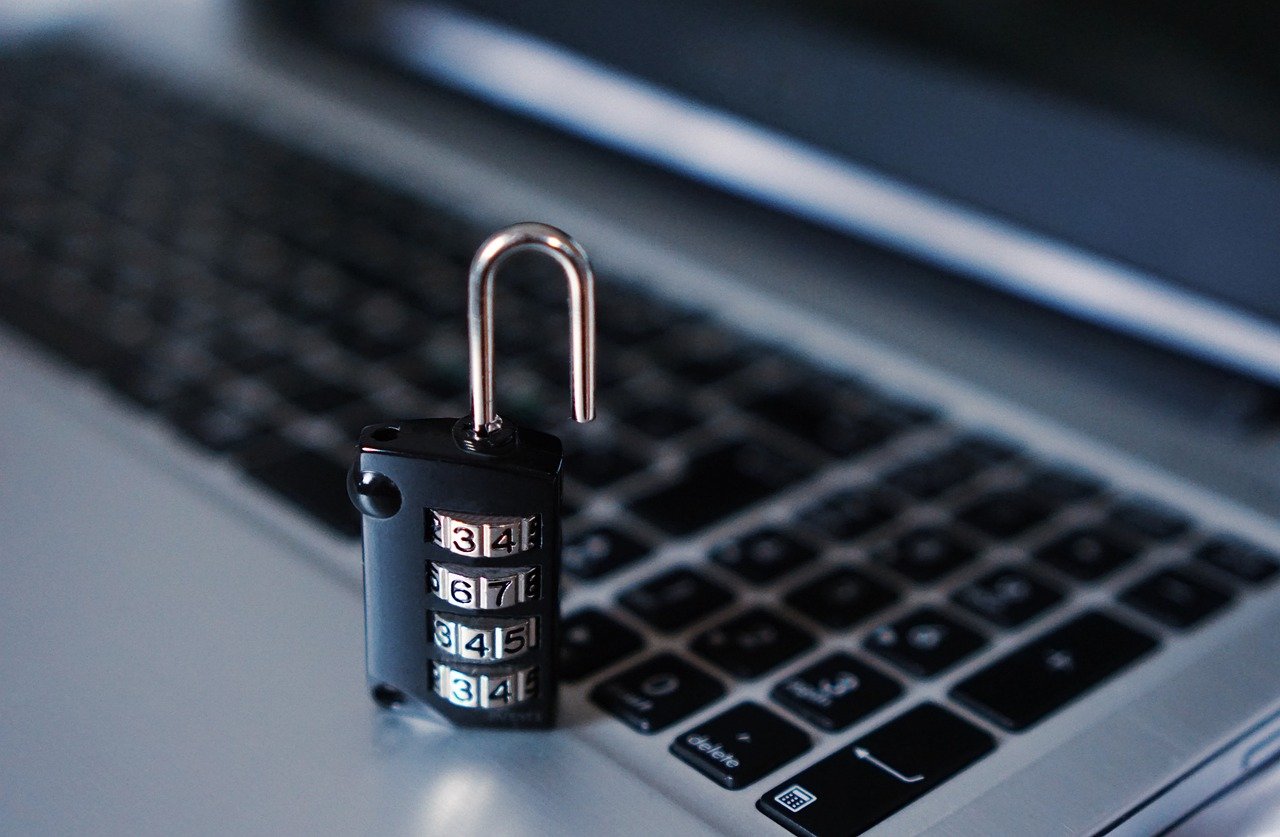Have you ever pondered how to keep your assets secure while navigating the world of decentralized finance (DeFi)? It’s an exciting space with tremendous opportunities, but it also comes with its share of risks. Understanding the best security practices will help you make the most of what DeFi has to offer while keeping your investments safe.
Understanding DeFi
Decentralized Finance, or DeFi, refers to a broad range of financial services built on blockchain technology. Unlike traditional finance, DeFi operates without a central authority, allowing users to engage in various activities—such as lending, borrowing, or trading cryptocurrencies—directly with one another.
While the allure of high returns and revolutionary technology is enticing, it’s essential to stay cautious. The decentralized nature of these platforms often means that traditional customer support and fraud protection may not be available. Therefore, you must take additional steps to safeguard your assets.
The Importance of Wallet Security
When using DeFi platforms, the first line of defense is the digital wallet. This is where your assets reside, so taking precautions here is vital.
Types of Wallets
-
Hot Wallets: Connected to the internet and usually more user-friendly, hot wallets are convenient for transactions but more vulnerable to hacking.
-
Cold Wallets: Offline wallets that provide higher security as they are not connected to the internet. Think of them as a safety deposit box for your cryptocurrencies.
Best Practices for Wallet Security
-
Enable Two-Factor Authentication (2FA): Always turn on 2FA to add an extra layer of security. This means that even if someone gets access to your password, they would still need a secondary code to enter your wallet.
-
Use Strong, Unique Passwords: Create complex passwords combining letters, numbers, and symbols. Avoid reusing passwords across platforms.
-
Secure Your Seed Phrase: Your seed phrase is the key to your wallet. Keep it offline, in a secure place. Never share it with anyone.
-
Regular Backups: Frequently back up your wallet data to avoid potential loss of access.
Using Reputable Platforms
The DeFi space is rife with innovation, but not all platforms have trustworthy reputations. Engaging with a well-reviewed DeFi platform significantly reduces your risk.
Research the Platform
Before committing to a DeFi platform, take time to research it thoroughly. Here are some aspects to consider:
-
Audit Reports: Most reputable platforms will have undergone a security audit by a third party. Check whether the report is accessible to the public.
-
Community Feedback: Engage with the community via social media channels, forums, and news articles. User experiences can offer invaluable insights.
-
Track Record: Consider how long the platform has been operating. A track record of reliability decreases the likelihood of it being a potential scam.

This image is property of pixabay.com.
Be Wary of Phishing Attacks
Phishing scams are a prevalent threat within the DeFi space. These attacks involve fake messages or websites that mimic a legitimate service to steal your sensitive information.
Signs of Phishing
-
Mismatched URLs: Always double-check the URL. A slight variation can indicate a fraudulent site.
-
Unsolicited Messages: Be cautious of unexpected communications urging you to click on links or provide personal information.
How to Protect Yourself
-
Verify Links: Always navigate to platforms by typing the URL directly into your browser instead of clicking links from emails or messages.
-
Use Browser Extensions: Certain browser extensions can help alert you to potentially harmful sites.
Smart Contract Risks
DeFi platforms often rely on smart contracts to execute transactions automatically. However, vulnerabilities in these contracts can lead to significant losses.
Understanding Smart Contracts
-
Code Integrity: Smart contracts are composed of code which dictates their behavior and security. Bugs or loopholes can be exploited, leading to loss of funds.
-
Immutable but Auditable: Once deployed on the blockchain, smart contracts cannot be modified. Therefore, it is crucial there’s a rigorous auditing process to ensure their safety.
Minimizing Risk
-
Invest in Auditing Services: If you are developing a smart contract, consider investing in a reputable auditing service to find vulnerabilities before going live.
-
Stay Informed about Known Vulnerabilities: Keep up with industry news about any discovered vulnerabilities in popular smart contracts used by DeFi platforms.

This image is property of pixabay.com.
Diversification is Key
One of the fundamental rules of investing is diversification. This principle applies equally to DeFi.
Why Diversify?
Spreading your assets across various platforms and tokens helps mitigate risk. If one investment performs poorly, others may offset the loss.
Balanced Asset Allocation
To achieve proper diversification, you could consider the following breakdown:
| Asset Type | Percentage of Portfolio |
|---|---|
| Major Cryptocurrencies | 30% |
| DeFi Tokens | 25% |
| Stablecoins | 20% |
| Yield Farming | 15% |
| NFTs | 10% |
Keep Your Software Updated
Outdated software can become a significant vulnerability. This applies not only to your wallet application but also to any platform you interact with.
Regular Updates
-
Automatic Updates: Enable automatic updates whenever possible to ensure you’re always using the latest and most secure version of any software.
-
Security Patches: Manufacturers regularly release security patches. Ensure you install these promptly to protect your system from known vulnerabilities.

This image is property of pixabay.com.
Beware of “Get Rich Quick” Schemes
In the enticing world of DeFi, it’s easy to get caught up in the hype of potential profits. However, always approach high-yield offerings with skepticism.
Recognizing Scams
-
Unrealistic Promises: If an opportunity sounds too good to be true, it probably is. Perform due diligence to avoid falling victim to scams.
-
Limited Transparency: Be wary of platforms that do not provide clear information about their operations or investment strategies.
Conduct Thorough Due Diligence
-
Read Whitepapers: PROJECT whitepapers should explain the project’s purpose, technology, and tokenomics clearly. If the document is vague or poorly written, be cautious.
-
Seek Out Independent Reviews: Reading reviews from credible sources can help you gain additional insights.
Continuous Learning and Adaptation
The DeFi space is constantly evolving. What was secure yesterday may not be so today. Therefore, it’s vital to commit to continuous learning and adaptability.
Stay Updated
-
Follow Industry News: Subscribe to reputable crypto journals, blogs, and newsletters to keep up with the latest developments in DeFi.
-
Join Online Communities: Engage with other users in forums and social media groups to share information and experiences.

Leveraging Multi-Signature Wallets
Multi-signature wallets require multiple approvals before a transaction can be executed. This added layer of security helps protect your assets from unauthorized access.
Advantages of Multi-Signature Wallets
-
Increased Security: Even if one private key is compromised, funds remain safe as additional keys are required to make transactions.
-
Team Coordination: Perfect for managing funds with partners or teams, ensuring accountability.
Setting Up a Multi-Signature Wallet
-
Choose a Trusted Provider: Research and select a reliable service that offers multi-signature wallets.
-
Decide on Signatures Required: Determine how many signatures are necessary for a transaction, considering the balance between security and ease of access.
Utilizing Decentralized Insurance
Decentralized insurance can help safeguard your investments against unpredicted events. This emerging field offers coverage for various situations, including smart contract failures or hacks.
Types of Coverage
-
Smart Contract Insurance: Protects you against losses stemming from vulnerabilities in smart contracts.
-
Custodial Insurance: Insures your funds held on various platforms against breaches or loss.
Choosing the Right Coverage
-
Research Providers: Investigate different decentralized insurance platforms, ensuring they have a positive reputation and viable offerings.
-
Understand Terms and Conditions: Familiarize yourself with the policy coverage limits and exclusions to ensure you have adequate protection.

Conclusion
Navigating the DeFi landscape can be thrilling, but it’s crucial to stay vigilant and informed. Implementing the security practices discussed will not only keep your assets safe but also allow you to engage more confidently within the DeFi ecosystem.
As you continue your journey in this transformative financial realm, remember to prioritize security over profit. With the right practices, you can enjoy DeFi with peace of mind, knowing you’ve taken significant steps to protect your investments.

